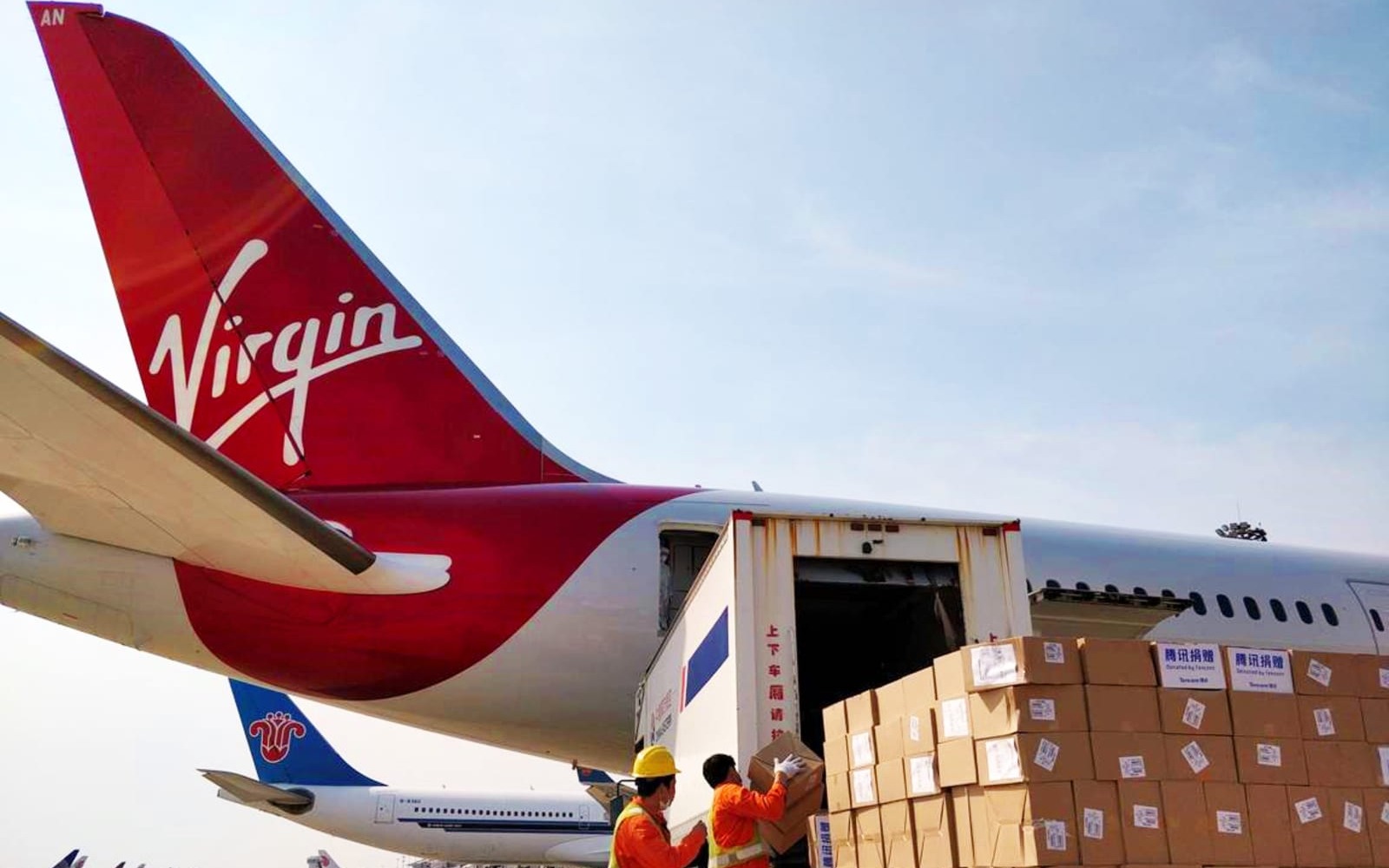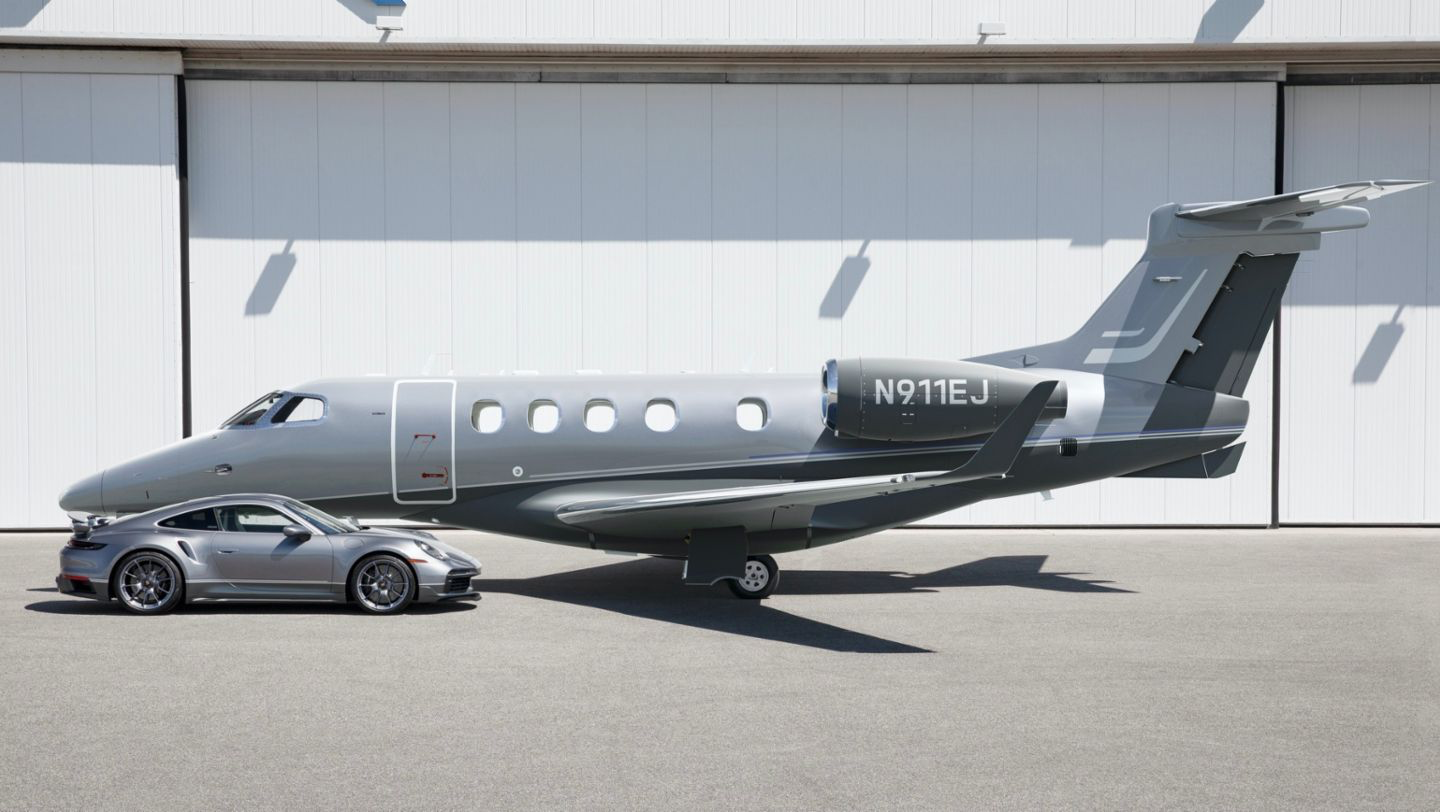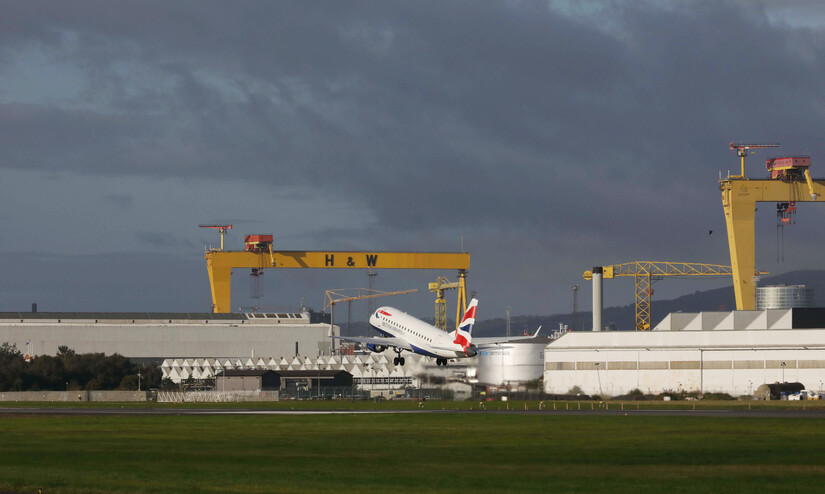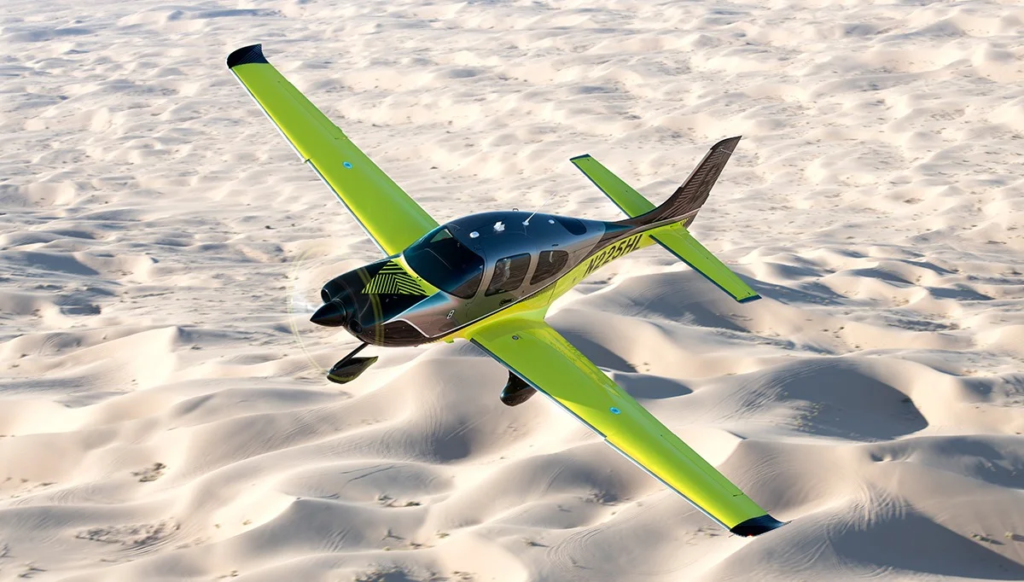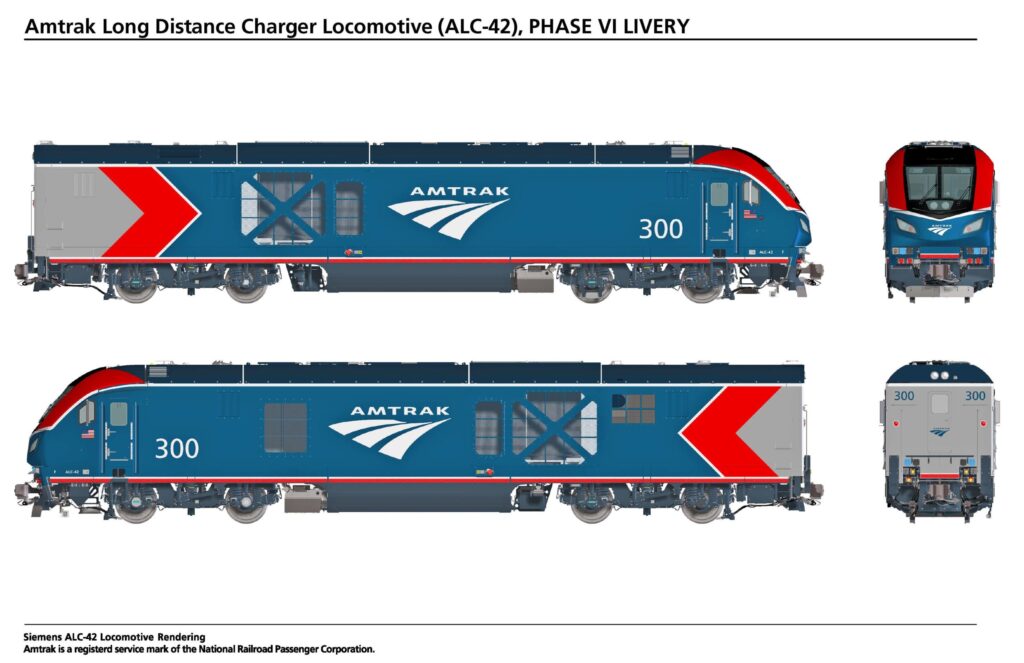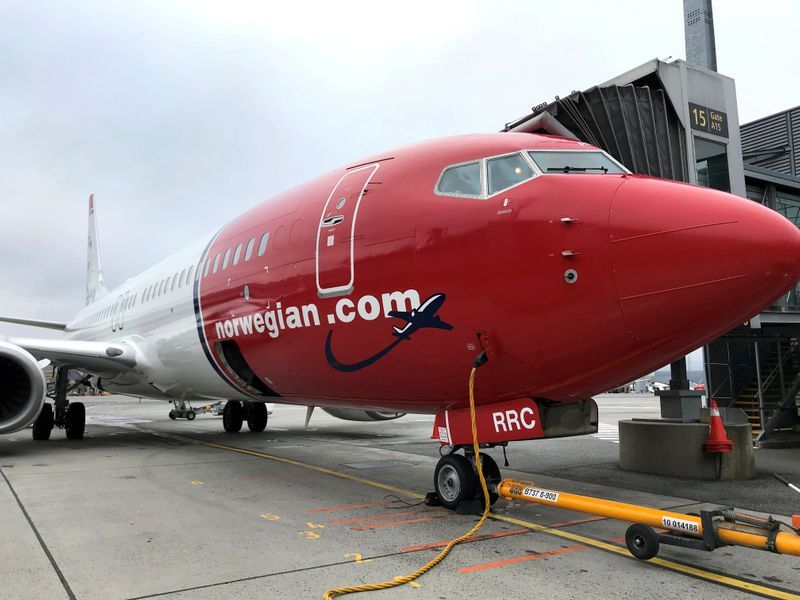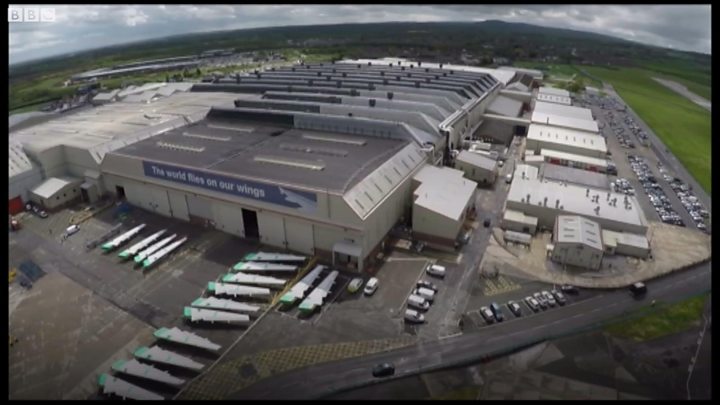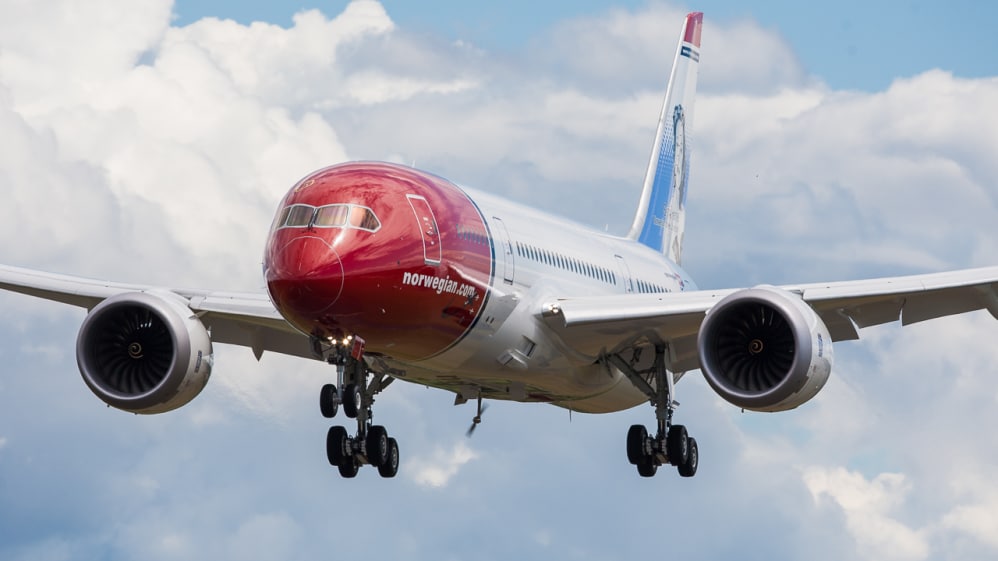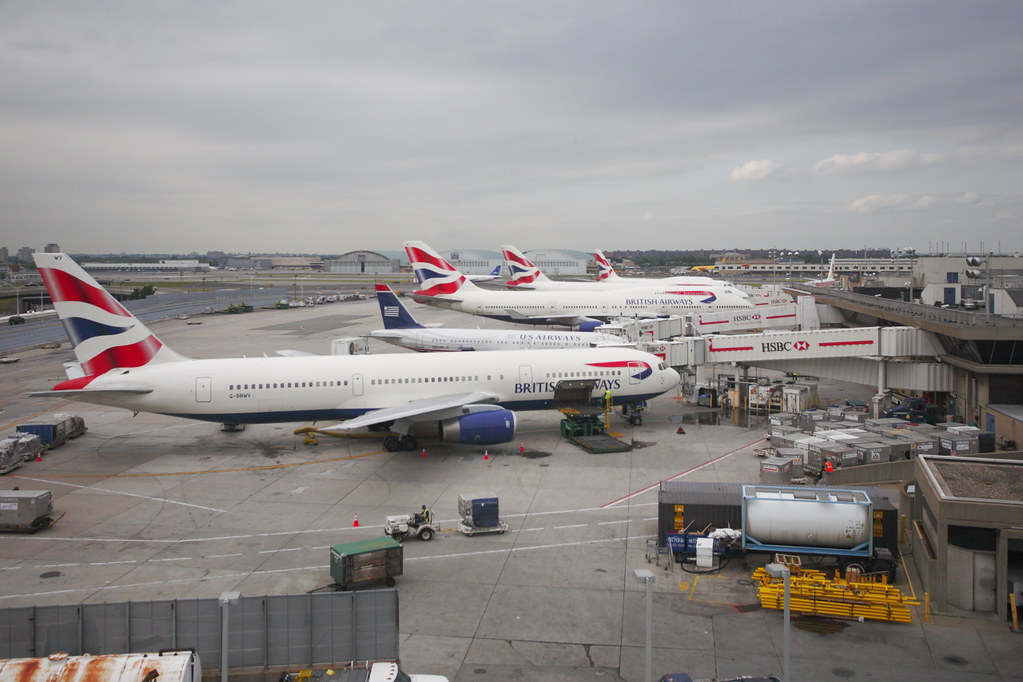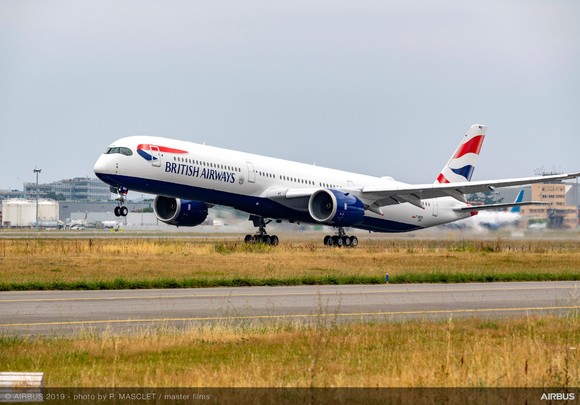Virgin Atlantic Cargo has announced a Sustainable Aviation Fuel Certificate (SAFc) program, designed to help freight forwarders and shippers manage their carbon emissions whilst demonstrating joint commitment to scaling the SAF industry.
Customers participating in the scheme will contribute to the airline’s purchase of SAF, receiving a SAF certificate for the associated scope 3 emissions reductions. Customers will also benefit from detailed insight into their Scope 3 air freight emissions via Virgin Atlantic Cargo’s own air freight carbon calculator. Developed in-house and independently certified, the calculator uses an industry recognised methodology and Virgin Atlantic’s actual flight emissions data to provide powerful insights to participating customers, enabling them to take action on their carbon footprint.
DB Schenker is the first to participate in the scheme with the purchase of over several thousand tonnes of scope 3 emissions reductions. The global logistics service provider is continuously expanding its SAF based air freight solutions.
The SAFc programme is driven by the airline’s commitment to 10% SAF by 2030 on the pathway to Net Zero 2050. The scheme creates a broader industry coalition that can provide further proof of the demand and support needed to scale a UK SAF industry which is key to decarbonising aviation.
Virgin Atlantic’s first UK SAF supply of 2.5 million litres of Neste Oyi neat SAF delivered into London Heathrow in 2022 is fuelling the programme. This is an important milestone as the airline scales it’s use and commitment to SAF in the UK.
Virgin Atlantic and Virgin Atlantic Cargo are committed sustainability leaders. The airline operates one of the youngest and fuel efficient commercial fleets across the Atlantic and has over fifteen years of supporting SAF development, including ambitions to fly the world’s first 100% SAF transatlantic flight later this year.
